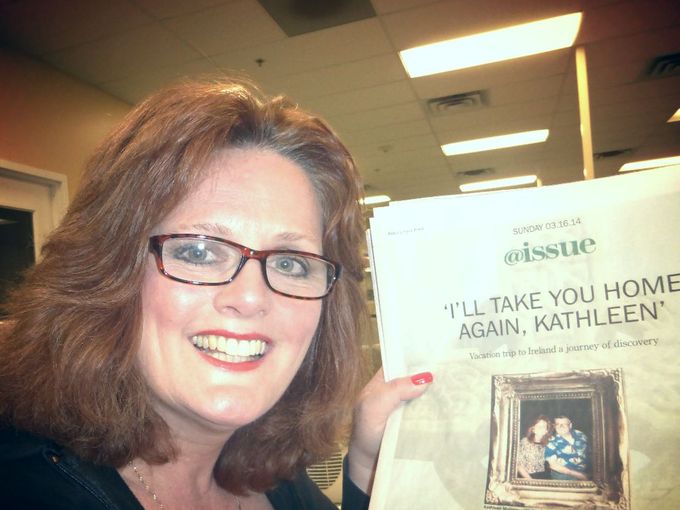
8-15-2014 From My Files Friday : Your words matter!
I just want to tell you how, I believe, that you helped to get my son into treatment that he has steadfastly resisted for these many years. I think I told you of the difficult time I have had to get him to cooperate and to take his medicine correctly for his bi-polar. After he became diabetic too, he was just as much in denial and un-cooperative. I was paying for his apartment and knew he was not taking care of himself. However, he would refuse all of my offers to help him wash his clothes, clean his apartment or any other assistance. His siblings were, also, turned down. He withdrew from all of us.





